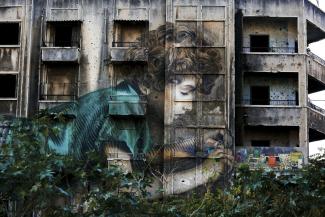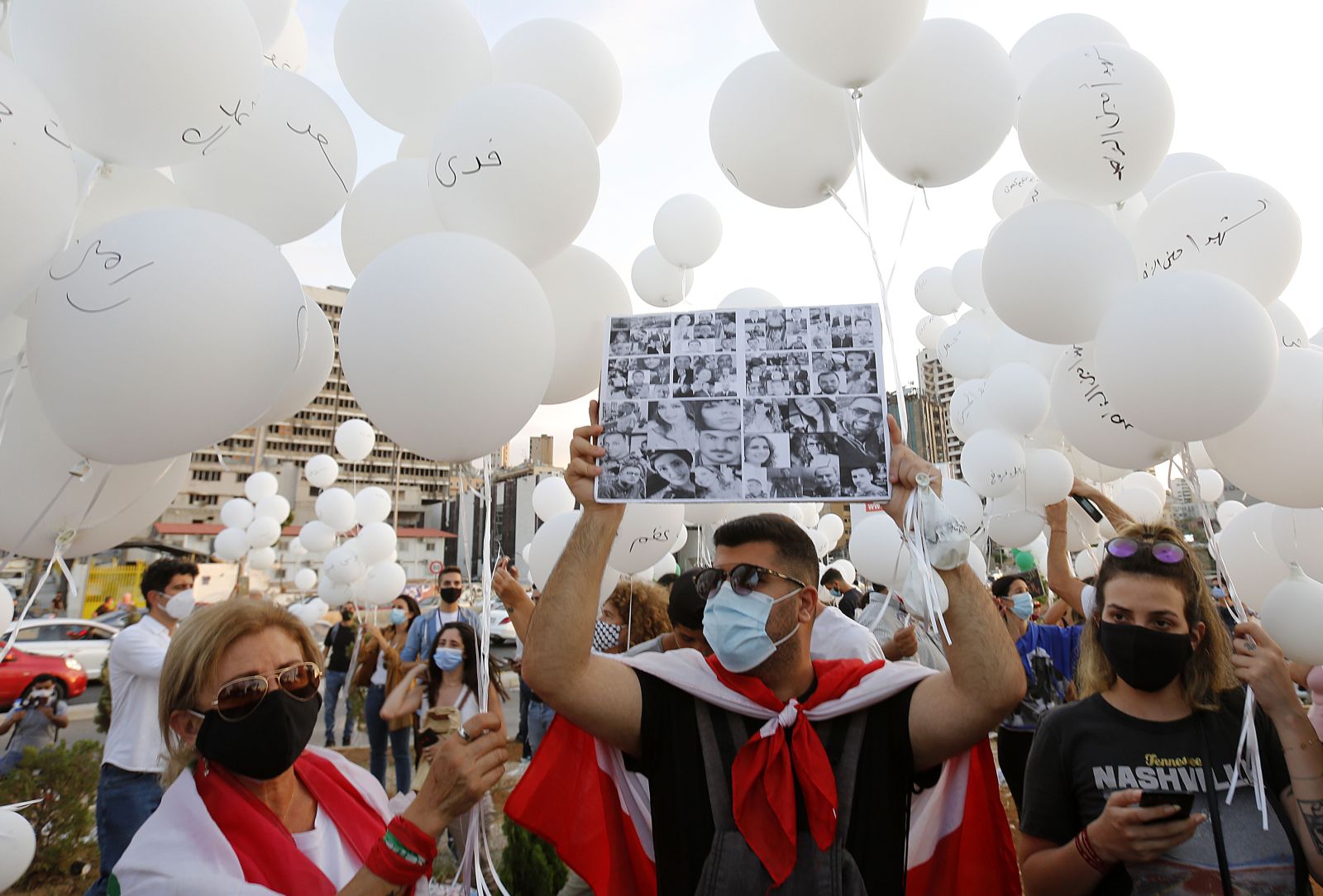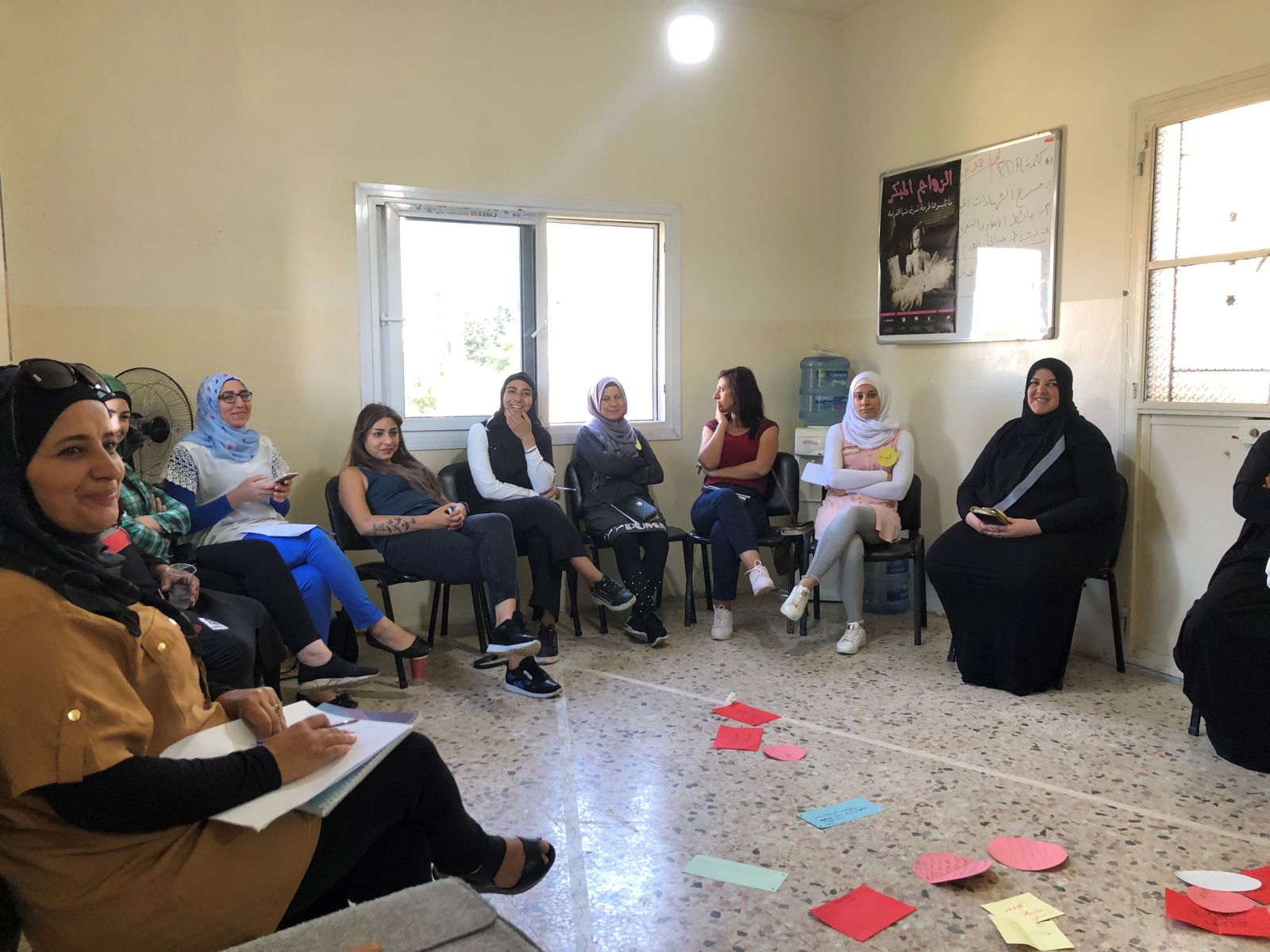Conflict transformation
Collective trauma

Trauma causes stress, and that can lead to symptoms of hyper-arousal, like feeling easily frightened, cranky, enraged, churning and petrified. Often, this is coupled with difficulties to sleep or concentrate. Psychic numbing is a tendency of individuals or societies to detach from past traumatic experiences. It is a reduced response to the external world including loss of interest in activity, disconnection from others, hiding from the outside world or escaping from reality.
Collective trauma is a not yet fully completed process of learning how to deal with and integrate extreme levels of toxic stress, anxiety and helplessness (Reimann & König, 2018). It may lead people to be stuck in conflict dynamics while in turn exerting violence against themselves and others. Trauma symptoms are often passed on to the next generation through maladaptive parenting patterns, social or genetic transmission and are then referred to as “transgenerational or intergenerational trauma”.
When certain shared thoughts and feelings are formed by the traumatised group they become part of the common group reality as collective identity markers (see Reimann & König, 2018). This can hinder healing. Narratives of loss and despair, of guilt and shame and/or a shared identity of victimhood are common. Collective emotions are characterised by distrust, shakiness, extreme anguish and apathy (Becker, 2004). The collective mental models or belief systems are characterised by rigid thinking, scapegoating, prejudices, stereotypes, othering and exclusive norms. These elements promote aggression, a culture of violence, in-group dynamics and polarisation.
Working in conflict transformation with trauma-sensitivity then implies being conducive to shifting those collective identity elements towards more inclusive perceptions of the world and to invigorate the resilience of affected communities to foster conducive coping strategies.
References
Becker, D., 2004: Dealing with the consequences of organised violence in trauma work. In: Austin, A., Fisher, M., Rospers, N. (eds): Transforming ethnopolitical conflict. The Berghof Handbook: VS Verlag für Sozialwissenschaften, Wiesbaden.
Reimann, C., and König, U., 2018: Closing a gap in conflict transformation. Understanding collective and transgenerational trauma.
https://www.ximpulse.ch/wp-content/uploads/1806CollectiveTrauma.pdf










